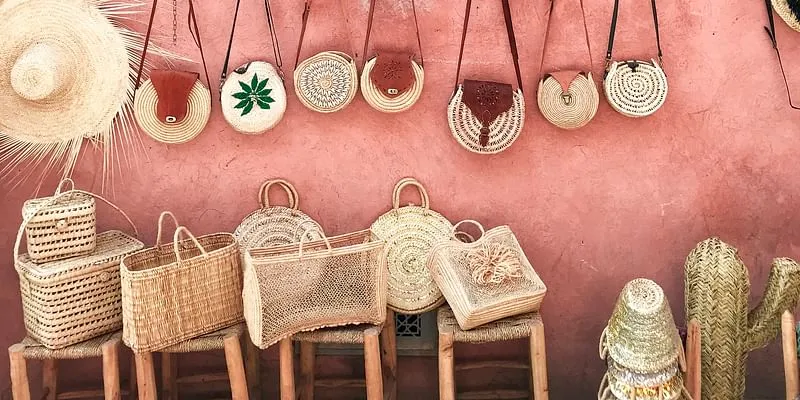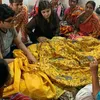Flipkart partners with MSSIDC, MSKVI
The partnership with Maharashtra Small Scale Industries Development Corporation and Maharashtra State Khadi & Village Industries Board under Flipkart Samarth programme will enable Maharashtra's local artisans to showcase their hallmark products.
Walmart-owned Flipkart on Thursday said it has partnered with Maharashtra Small Scale Industries Development Corporation and Maharashtra State Khadi & Village Industries Board to bring local artisans and small as well as medium businesses into the ecommerce fold.
The partnership under Flipkart Samarth programme will enable Maharashtra's local artisans, weavers, craftsmen and smaller industries to showcase their hallmark products like Khadi, Paithani sarees, wooden toys, handmade artefacts, jewellery and paper products, purses and other key handicraft products to customers across the country, a statement said.
This will also add impetus to the government's 'Vocal for Local' efforts, it added.
Flipkart Samarth is a nationwide initiative that aims to help skilled local artisan communities set up their business on Flipkart's marketplace.
"Ecommerce can play an integral role in the growth of MSMEs across the country by giving them national market access to 300 million customers that shop on our platform.
"Flipkart Samarth is a cherished initiative that provides these businesses with the necessary support, and we hope to continue reaching more such local businesses to help them reap the benefits of ecommerce," Rajneesh Kumar, Chief Corporate Affairs Officer of Flipkart Group, said.

Subhash Desai, Maharashtra Minister for Industries and Mining, said MSMEs play a huge role in boosting the economy of the state and are vital to the state's socio-economic development.
"In the post COVID-19 era, we explored revolutionary measures to get better market opportunities and empowering the handicrafts and handlooms industry," Desai added.
Flipkart Samarth programme was launched in 2019 to build a sustainable and inclusive platform for under-served, domestic communities and businesses to empower them with greater opportunities and better livelihood.
The programme now supports the livelihood of over 7.5 lakh artisans, weavers and craftsmen across India.
Edited by Anju Narayanan







